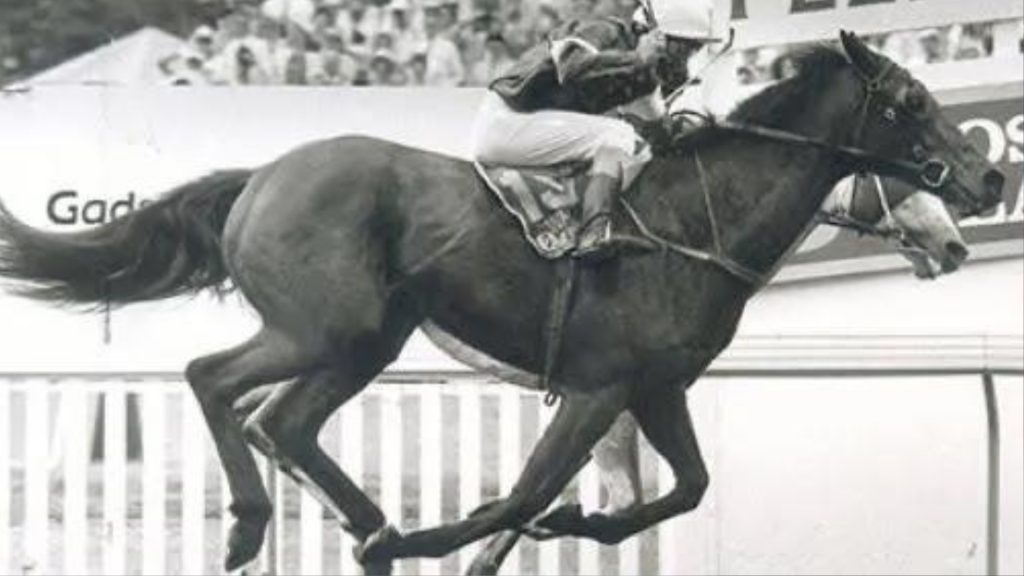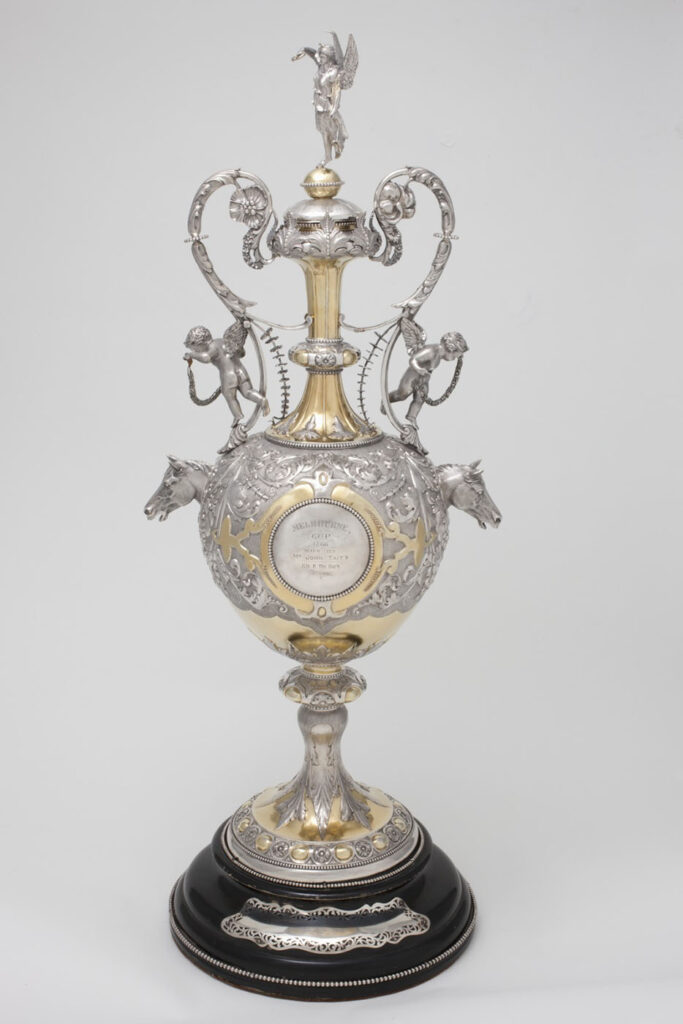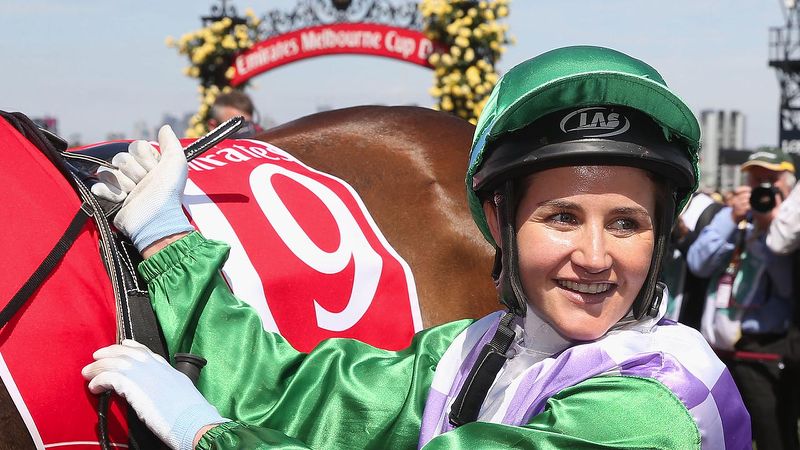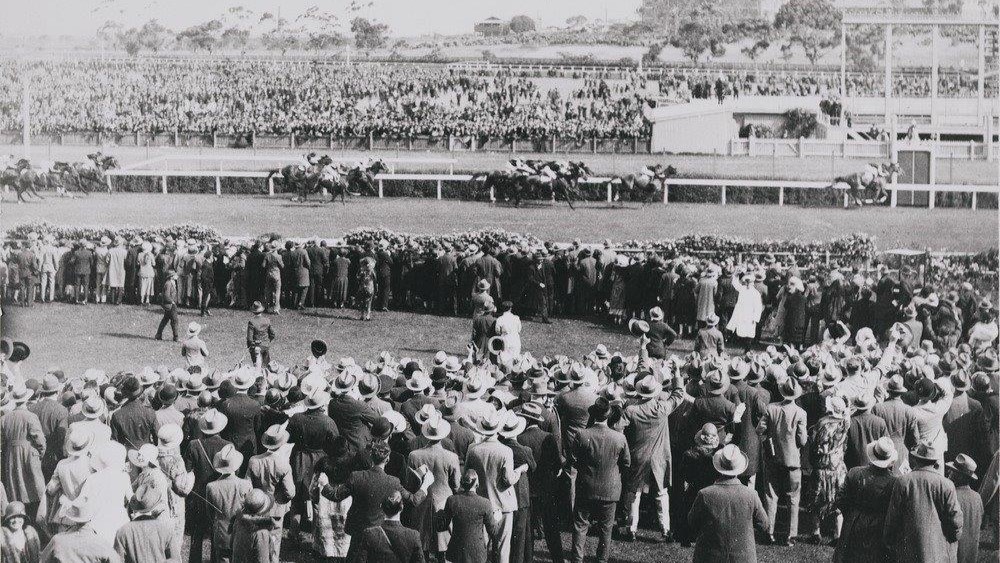The Melbourne Cup, or the ‘Race That Stops a Nation,‘ is the ‘richest two-mile handicap’ thoroughbred horse race in the world. It sees horses running at 3pm on the first Tuesday in November every year at Flemington Race Course in Melbourne.
Much has changed over the course of the Melbourne Cup’s history, however, the excitement of the three minute race continues to draw in audiences. We take a look at why.
Melbourne Cup was first run in 1861:
Chairman of the Victorian Racing Club, Frederick Standish, is credited with developing the idea of a horse race in Victoria and calling it the ‘Melbourne Cup.’
On 7 November, 1861, Frederick’s vision became a reality when 17 horses ran the first Melbourne Cup in front of a crowd of 4,000 spectators.

Bookies predicted that Victorian horse Mormon would win the race. Instead, a stallion from New South Wales named Archer crossed the line first with a time of 3:52:00.
In 1910, Comedy King became the first foreign-bred horse to win the Melbourne Cup, leading the way for other foreigners including Phar Lap, Makybe Diva, Americain and Dunaden, among others.
Prize money and ‘a monstrosity’:
The winner of the 1861 Melbourne Cup was awarded a gold watch, and for the next two years a cash purse was the major prize.
A trophy was first awarded in 1865. Mr Marshall, the owner of the winning horse Tory Boy, is claimed to have described the English-made trophy as a monstrosity. He immediately sold it to the Flemington Hunt Club, which rebranded it as the trophy for its annual cup.

The 1866 Melbourne Cup is the earliest known Melbourne Cup that remains in its original state. It was made in London in 1865 by Daniel and Charles Houle and imported to Australia by Walsh Brothers Jewellers, who ordered it on behalf of the Victorian Racing Club.
Silver-gilt chased with gold leaf, the cup is 75.5 centimetres high and reflects the Renaissance revival style seen in England around the middle of the 19th century.
Girl Power:
In 1987, Maree Lyndon became the first female jockey to ride in the Melbourne Cup, finishing 20th on Argonaut Style. Decades later, in 2015, Michelle Payne became the first female jockey to win the Melbourne Cup on Prince of Penzance.

Race legend Makybe Diva is the only mare to have won the Melbourne Cup on multiple occasions and the only horse to win the race three times, taking the title in 2003, 2004 and 2005.
Fashions on the Field:
In 1962, in an effort to draw more women to the races, Fashions on the Field was set up with the mission of ‘finding the smartest dressed women at the Carnival within economic restraints.’ At the time, categories included outfits that cost £30 and under, outfits that cost £50 and over, and ‘Most Elegant Hat.’
Animal Rights:
In more recent years, some Australians are turning away from the 158-year-old institution and saying “nup to the cup,” citing the mistreatment of racehorses and a spate of horse deaths during previous Melbourne Cups.
Seven racehorses have died as a result of the Melbourne Cup since 2013.

In horse racing more broadly, the Coalition for the Protection of Racehorses found 122 horses had died on Australian tracks in one year.
This issue of cruelty towards racehorses was also thrust into the public consciousness in October 2019 when the ABC’s 7.30 program revealed hundreds of registered racehorses, some of which had earned hundreds of thousands of dollars in prize money, were being killed at slaughterhouses or kicked and abused.
Huge turnout:
Despite pressures to boycott the race, more than three million people continue to place bets every year on the horses racing in the Melbourne Cup.
Over the eight days of the Spring Racing Carnival in 2019, TAB expected to bring in close to $1 billion in turnover from betting, according to SBS News.
So it seems the Melbourne Cup still ‘stops the nation,’ but as the years go on, it also divides the nation.

